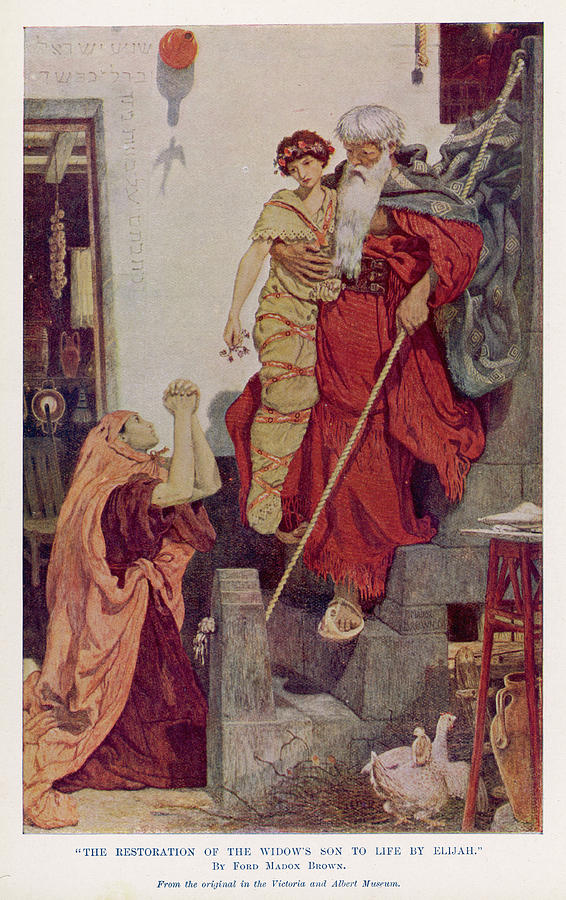"In truth, I tell you, there were many widows in Israel in the days of Elijah, when the heavens were shut up three years and six months, and a great famine came over the land, and Elijah was sent to them of them but only to Zarephath, in the land of Sidon, to a woman who was a widow. And there were many lepers in Israel in the time of the prophet Elisha, and none of them was cleansed, but only Naaman the Syrian" (Luke 4:25-27).
Among Reformed folks, the majority hold to the doctrine of common grace: "God's kindness to all people during their time on earth, regardless pf their present status with him. While it is true that believers will experience both common grace and saving grace, those who are apart from Christ will only experience common grace in this life."
Of course, to the Arminian, all grace is common grace, since, he supposes, God enables all men to believe unto salvation. And that parallel must be noted. The Reformed people who hold to this doctrine are advocating a step halfway to the presuppositions that underlie the error of Arminianism.
Not, however, the text above. These are the words of Jesus, referring to two events found in the Old Testament. The first was the three and half years that Elijah spent as a refugee in the territory of the Sidonians, while God judged Israel with drought and famine (I Kings 17-18). The second was Elisha's giving a Syrian general the means of curing his leprosy (II Kings 5).
In both cases, Jesus makes the point that there were many people who shared common sufferings, but the grace was shared only with a particular victim in each case. That is, the grace shown was particular, not common. And that is one of the problems with the doctrine of common grace. Not only is it not biblical, but it can't be seen in the historical cases where it should have been applicable.





No comments:
Post a Comment